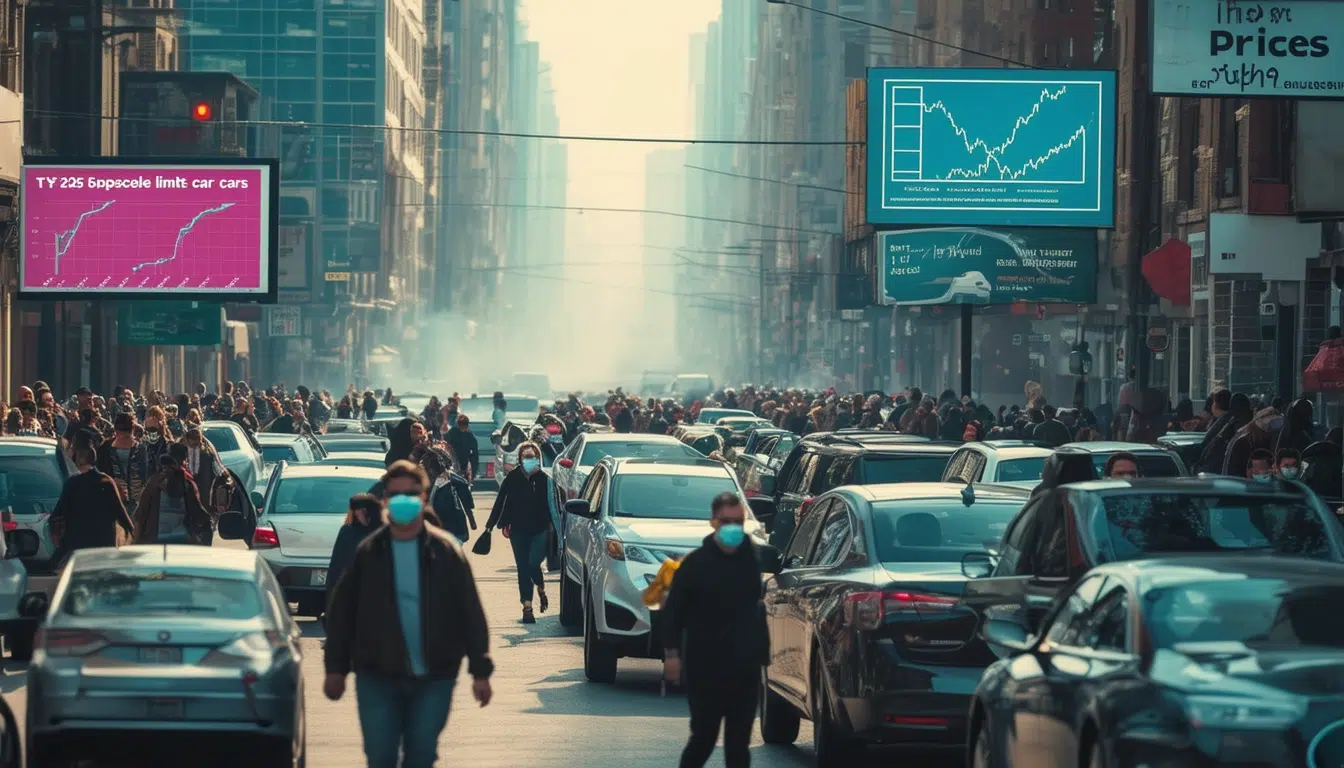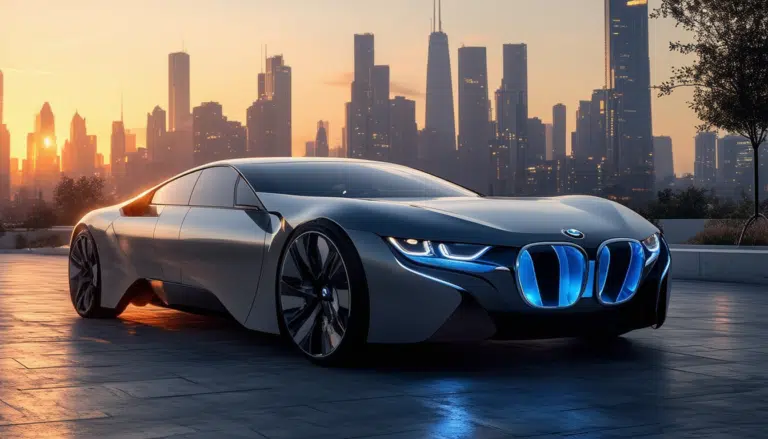El impacto económico de los nuevos límites de emisiones: ¿Por qué los coches serán más caros en 2025?

On the horizon of the year 2025, car manufacturers in Europe face a monumental challenge due to the new CAFE regulation, which requires a significant reduction in the CO2 emissions of their vehicles. This regulatory change will not only pressure brands with potential million-dollar fines for exceeding limits but will also have a direct impact on consumers, as a notable price increase of new cars is anticipated. While the sector strives to electrify its fleets and meet new sustainability targets, internal combustion cars would see a price increase, reflecting the cost of complying with stricter environmental requirements. This scenario raises important questions about the accessibility and economic viability of vehicles in the near future.
The implementation of stricter regulations on CO2 emissions in Europe is generating considerable concern among car manufacturers. These regulations, known as CAFE standards, will play a crucial role in increasing the prices of vehicles starting in 2025. With million-dollar fines and the pressure to electrify fleets, car prices are expected to rise dramatically. This article explores in detail the impact of these regulations on the industry and consumers.
New environmental regulations on the horizon
Car manufacturers in Europe are facing a significant challenge with the arrival of new regulations governing CO2 emissions. Since 2021, the established limits were 115.1 g/km, but starting next year, these limits will be reduced to 93.6 g/km. For every gram of CO2 that exceeds this limit, brands will face fines of 95 euros, a measure that many consider fundamental to decarbonizing transport.
Fines as a driver of electrification
ACEA, the European Automobile Manufacturers Association, has expressed concern that the million-dollar fines manufacturers could face may reduce the funds necessary to invest in more sustainable solutions. Instead of channeling these funds into innovation and electrification of their fleets, resources will be directed to cover penalties that could have been avoidable.
Impact on vehicle prices
Gerardo Cabañas, interim president of Ganvam, has warned that not only manufacturers will feel the economic impact. Consumers will also observe an increase in the prices of new cars in 2025, with increases potentially reaching up to 2,000 euros in some models. This increase is directly attributed to efforts to comply with stricter emission standards.
Transformation of the automotive market
The rules of the game are changing, forcing many brands to recalibrate their vehicle offerings. With the prediction that non-plug-in hybrid vehicles will dominate the market, there is a clear transition toward more sustainable propulsion methods. Cities like Madrid and Barcelona already show a high percentage of cars with the ECO label, which heralds a natural evolution towards these technologies.
Proposals to mitigate the economic impact
Ganvam has proposed a more ambitious scrappage plan to accelerate the renewal of the automotive fleet in Spain. In addition to current measures, they are considering the implementation of additional incentives that would allow for the removal of older and more polluting vehicles from circulation without requiring the purchase of a new car. This proposal aims to relieve the economic pressure on consumers while promoting cleaner mobility.
The importance of accessible sustainability
While electrification and decarbonization are necessary, these measures must be accessible to everyone. It is essential to find a balance that allows manufacturers to continue innovating while complying with regulations. For more tips on how to maintain your vehicle and save on fuel, visit this link.
Financial impact of emissions regulations on the automotive industry
The new emissions limits set for the year 2025 pose a considerable challenge for car manufacturers, especially in Europe. With the implementation of the CAFE regulation, which stipulates that CO2 emissions must be significantly reduced, manufacturers face the threat of million-dollar fines if they do not comply with these restrictions. This financial outlay for penalty payments will directly impact their budgets, diverting funds that could have been used to advance the decarbonization and electrification of their fleets.
This regulatory change will also have repercussions for the end consumer. As car brands need to invest in clean technology to meet new standards without incurring penalties, the production cost of vehicles will increase. Consequently, a significant increase in the prices of new cars is expected starting in 2025. The estimated additional cost translates to nearly 2,000 euros per vehicle, which will inevitably affect consumers looking to purchase a car.
Moreover, the supply of internal combustion vehicles may decrease, prioritizing the manufacture of electric and hybrid cars. While this change is a step towards sustainability, it highlights the need to balance the economic accessibility for the public with environmental objectives. Industry associations have expressed concern that these measures may make certain car models unviable, limiting the variety available in the market and possibly affecting overall sales.
In this context, it is crucial that supports and subsidies be developed to cushion these economic effects, ensuring that the transition towards more sustainable mobility does not leave behind either consumers or manufacturers. What is sought is a harmonization between environmental needs and the economic reality of the sector and its users.





